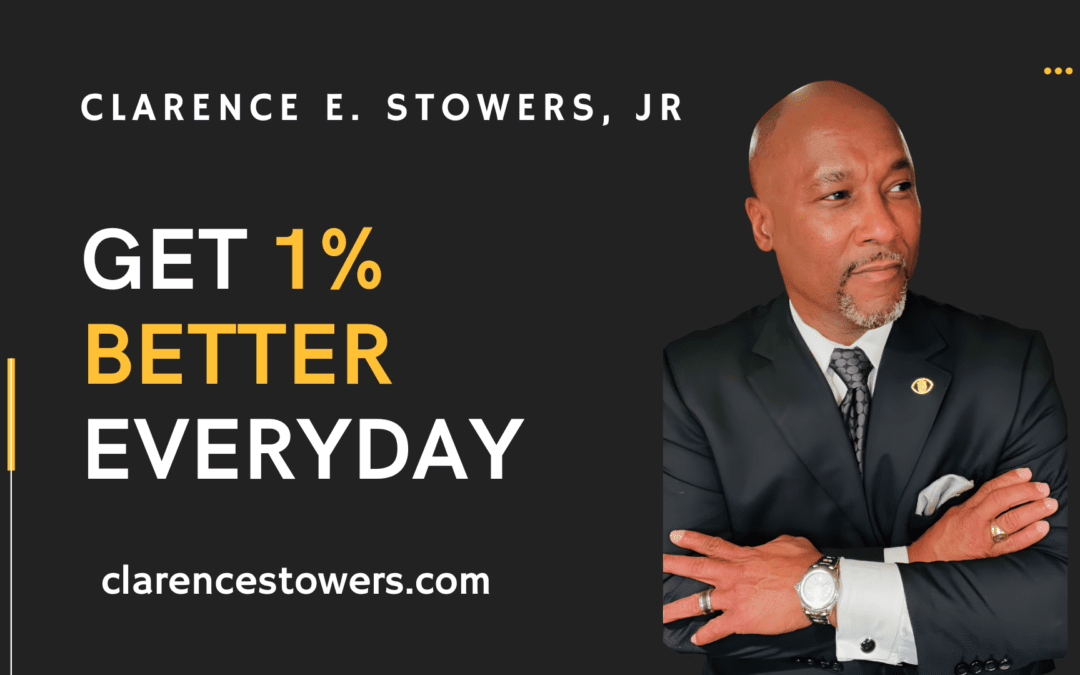When you know precisely what you want to accomplish and how your goals seem realistic, it's easier to achieve objectives like 10 pounds lost, debt eliminated, and a new career when they're concrete. Specifics provide a reference point and instruct you on what to do...

How to Make 2022 Your Best Year Ever
I know. I know. I know. For some, 2020 and 2021 were an emotional rollercoaster.
You've been through a lot this year, and you're not sure what to expect in 2022.
You experienced many disappointments. But this too shall pass, and it's time for a fresh start in 2022. We've experienced drastic changes this year, and our bodies and minds have reacted with increased anxiety levels - but with the proper coping mechanisms, you can get through it.
Everybody is usually trying to reinvent themselves at this time of year. We've all gone through too much to cave in to such pressure, whether from the outside world or ourselves.
Today's article, "How To Make 2022 Your Best Year Ever" will help you stay positive while things around us change. By following our tips, we'll make sure your New Year's resolution of making 2022 your best year ever stays intact throughout the entire year.
Let's get started!
It's Hard to Go When You Don't Know
The pandemic that began in 2019 has lasted much longer than anyone anticipated. There have been many different predictions about how long it would last, but none have proven accurate.
One of the challenges we face is that we still do not know how to get rid of the virus. There were vaccines, but they haven't wiped out COVID. There have been many variants that have emerged, sending us right back into a state of panic.
While some may feel hopeless in the face of this epidemic, I believe that we must continue to fight. We cannot give up because we do not have all the answers. We must find new ways to combat this virus and save as many lives as possible.
Furthermore, the negative cycle of over-expectation and disappointment can take a toll on our mental health. Repeatedly being let down can lead to emotional trauma and depression.
Devastation like this, plus lack of financial security for many people who lost jobs, has led many industry leaders to believe we're in the middle of a depression, like when war rages.
While some may feel hopeless in the face of this epidemic, I believe that we must continue to fight.
Something is Better Than Nothing, Right?
The aftermath of tragedy has affected how some people can enjoy life. People who were out and about before the pandemic are now taking caution to ensure their safety. Still, they may feel down because they can't enjoy life to its fullest.
For one, we're putting pressure on ourselves to have fun at a time like this. We're "shoulding" ourselves, according to Silvia M. Dutchevici, psychotherapist and founder of the Critical Therapy Center.
"Shoulding" implies I should go out and be having a good time; I should want to see my friends. Our "shoulds" may not be what we want.
Many people find that they are exhausted after the holidays. This may be because they have spent a lot of time entertaining others. After Thanksgiving, Christmas, and New Year's Eve, some people don't even want to keep up their social connections.
It is hard to be with others and remain focused. Because we haven't interacted with others for so long, we have to reset our approach after a traumatic event and whether or not we want to. There's also the seemingly never-ending COVID anxiety that always lurks in the background.
Because we haven't interacted with others for so long, we have to reset our approach after a traumatic event and whether or not we want to.
Here's How You Can Make 2022 Your Best Year Ever
Manage Your Expectations
Can we as individuals do anything to feel better? Fortunately, we can.
The first is to manage expectations. Or, as I often say, "control what's controllable. Since the pandemic, life has changed in many ways. One thing that is important to understand is that there is no going back to how things were before.
Trying to recreate something you lost is likely to lead to disappointment. However, if you look ahead, there are opportunities for growth and different connections that may even be better than what came before.
Trying to recreate something you lost is likely to lead to disappointment.
Live in The Moment
Next, make it a habit to live in the moment. Human beings are naturally uncomfortable with the uncertainty of the world. However, planning for six months or a year from now may lead to disappointment later because we still don't know how things will shake out.
Instead of thinking of consequences that may or may not happen in the future, think of what you have right now. Think about how far you've come from where you were one year ago, six months ago, two weeks ago.
Instead, try to stay calm and not worry about what will happen in the future. What will happen is unpredictable. We need to learn how to do this because it will be important in 2022.
Instead of thinking of consequences that may or may not happen in the future, think of what you have right now.
Rest is a Weapon That Allows You to Reset
Finally, remember rest is a weapon that allows you to reset.
There's a reason we liken the pandemic to the zombie apocalypse. It sounds like something from a horror movie, and that's because it feels like one too.
The world is exhausting, and people are tired as we get ready to start the third year of a pandemic. We can barely keep up with work, let alone anything else in our lives; there's no time for creativity or innovation anymore.
Resting allows resetting through reflecting.
Taking the time to reflect on the good and bad moments of 2021 is essential. It allows us to celebrate our accomplishments and learn from our challenges. It's crucial to remember that no year is without ups and downs, so even though 2021 may have been tough, there were still plenty of happy moments. By acknowledging what we've been through, we can give ourselves the space to process it all and move on stronger than ever.
Taking the time to reflect on the good and bad moments of 2021 is essential. It allows us to celebrate our accomplishments and learn from our challenges.
The year 2022 presents many opportunities while also causing us to change the way we do things. We must take care of ourselves and our families and stay strong during this process. Hopefully, by following these tips, we'll be able to make 2022 a year to remember.


















